Riley Sager is the New York Times bestselling author of seven novels full of twists and turns that have you second-guessing everything until the very last page. His first novel, Final Girls, won the ITW Thriller Award for Best Hardcover Novel, and his next page-turner, The Only One Left, comes out June 30.
Sager’s newest novel is inspired by the Lizzie Borden case as the 1929 Hope family murders leave a coastal town in shock and disbelief. Seventeen-year old Lenora Hope is the only one left standing, and while everyone assumes she is guilty, the police were never able to prove it. 54 years later, Lenora has never left the Hope family mansion where the murders occurred, and after her previous nurse fled in the middle of the night, Kit McDeere arrives to help care for Lenora. Lenora can only communicate by typing out sentences on an old typewriter, and one night she types for Kit: I want to tell you everything. But as Lenora tells her story and new details about her former nurse come to light, Kit suspects that Lenora is not telling the whole truth, and she may be far more dangerous than her harmless state makes her seem.
Keep reading for our exclusive interview with Riley Sager about the inspirations behind The Only One Left, book adaptations, and some insight on his next novel.
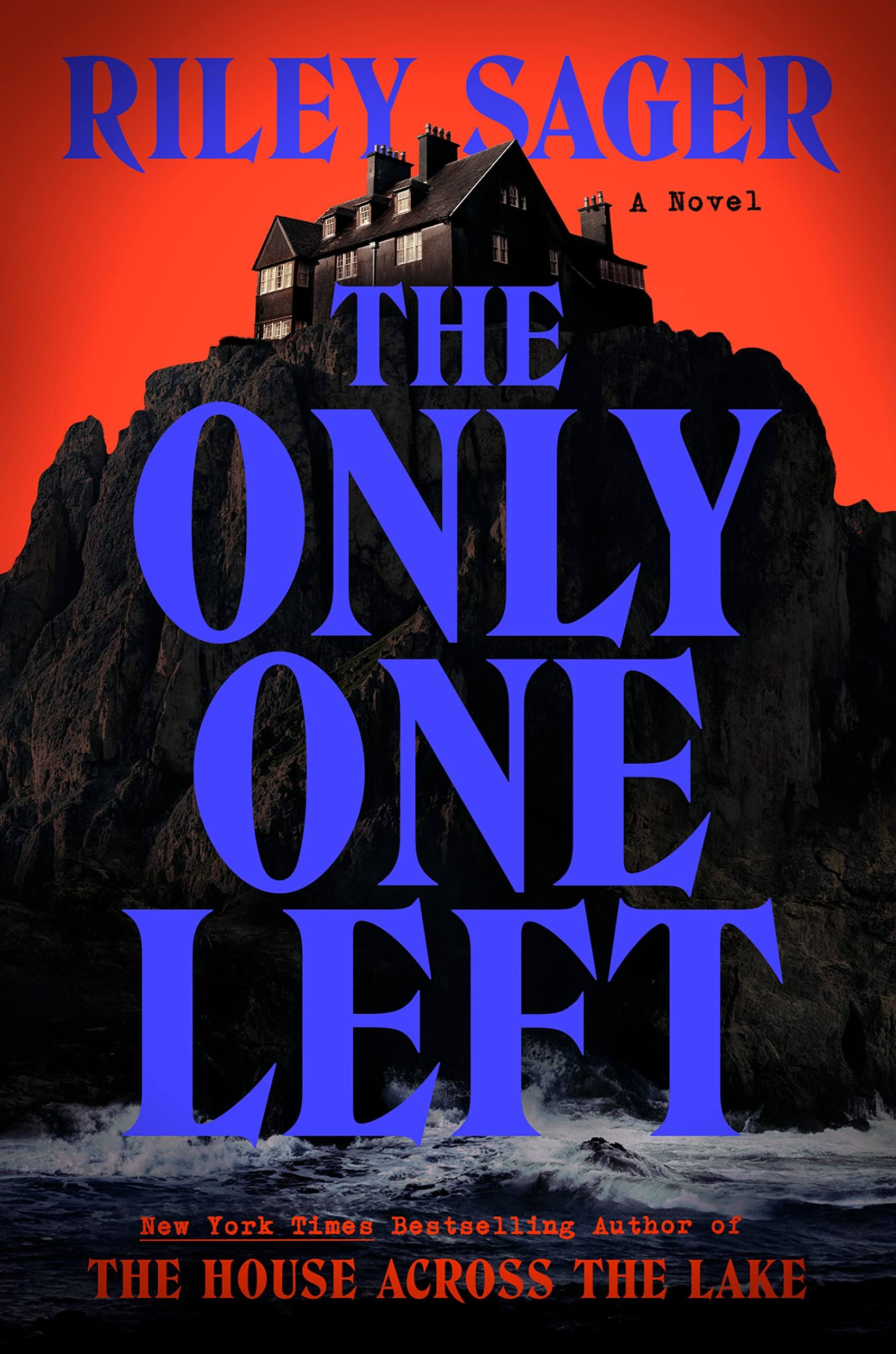
Every generation seems to have these stomach-churning stories of an “in-the-family” murder. How did you infuse that shock, horror, and mystery into the story? Is there one in your own lifetime that stood out to you?
The Hope family massacre at the heart of the book was tricky to write about. I needed it to be grisly enough to warrant a Lizzie Borden-like schoolyard chant but not so sensational that it became a national story. In the world of the book, what happened to the Hopes is very much a local thing. Almost like a regional myth or urban legend. I also needed the details to be vague enough that there remains some seed of doubt about who did it. Everyone thinks it was oldest daughter Lenora, but was it really? And if it was, why did she kill her entire family? The crime probably most familiar to people of my generation is the Menendez brothers, who were convicted of gunning down their parents. It again summons that question: Why? Were the brothers abused, like they claim? Was it greed? Or were they simply monsters? Those are the kinds of questions I wanted the reader to be asking when they first meet Lenora Hope.
What was it about the Lizzie Borden tale specifically that got you interested in writing The Only One Left?
What interested me most about the Lizzie Borden case is how much I don’t know about it. We’ve all heard the name and we’ve all heard the rhyme, which makes us think we know the story. But there’s so much more to the story that I simply didn’t know. (And still don’t, by the way. Once I decided I was going to write a book vaguely inspired by the case, I didn’t do any research into it. I wanted this to be its own completely original thing.) I liked the idea of a young woman, at-home caregiver Kit McDeere, entering this situation with a clear idea of who she thinks Lenora Hope is and what she’s done. The rest of the book is Kit having those preconceived notions either confirmed or stripped away entirely.
Survive the Night capitalized on your personal 90’s experience, now The Only One Left is set in the early 80’s, what sort of history and nostalgia can readers expect? Why did you choose this time and place?
Time was another tricky element of this book. Because the existence of Google would have wrapped the plot up in about five pages, I knew it had to be set in the past. I wanted something completely foreign to how we live today yet still familiar to readers, even those who weren’t alive then. Likewise, I wanted the massacre to be the same way—long enough to seem like legend, but recent enough that a lot of key players from that time were still alive and kicking. I ended up setting the book in 1983 and having the murders take place in 1929. The mansion where this all occurs then became a place where time blurs. It’s 1983, but it could feel like 1929 or any year in between. Because of that, the 80’s references are more subdued. There are brief mentions of Ronald Reagan and Duran Duran and The Return of the Jedi, but it’s all there just to establish that this is 1983 and not the world we know today.
You have a number of adaptations in the works, can you share any details with us about where the projects are at and your role in them?
I can’t, because literally everything is in flux. There’s currently a writer’s strike going on, most of Hollywood has closed up shop for the summer, and few projects there move quickly anyway. Some things are still in development. Some aren’t. Nothing’s officially been greenlit. My role in all of it is very limited, which right now is my preference. I’m too busy focusing on the book side of things to be involved in the movie and TV side of things. But that might soon change. When the time is right, I hope to start taking a more active role in the development process.
What was the last book, TV show or movie that had a twist you didn’t see coming?
Well, Daisy Darker by Alice Feeney still has my brain scrambled. I did not see that reveal coming at all! It was just brilliant. As for TV, I’m loving Mrs. Davis on Peacock, which is another brain scrambler. Every episode has a twist or five, yet they’re in the service of big, weighty issues involving faith, technology, fate, and individual autonomy.
You’ve shared that every time you sit down to write, you feel that concern you won’t be able to do it again. Do you think in a way that helps with writing a thriller? That maybe some of the magic comes from your own uncertainty about how it will go?
Well, it doesn’t feel helpful when I’m at my computer thinking, “I have no idea what I’m doing right now!” But I suppose there’s some benefit to it. That those days, weeks, and sometimes months of uncertainty give me time to slowly sink into the story until I finally feel like I know how it should go. On the flip side, I’ve found that I’m at my best when I don’t have time to think about what I’m doing. The clock’s ticking, my deadline’s approaching, and I just need to write. The lesson I end up re-learning with every book is to trust my instincts and my abilities.
Can you share what you’re working on next?
Not really! Sorry, but it’s in that half-finished, still-evolving stage in which so much can change, and I’ve found it best not to talk about it too much. But I can say it takes place in suburban New Jersey, involves the case of a boy who went missing thirty years ago, and will be out in summer 2024.
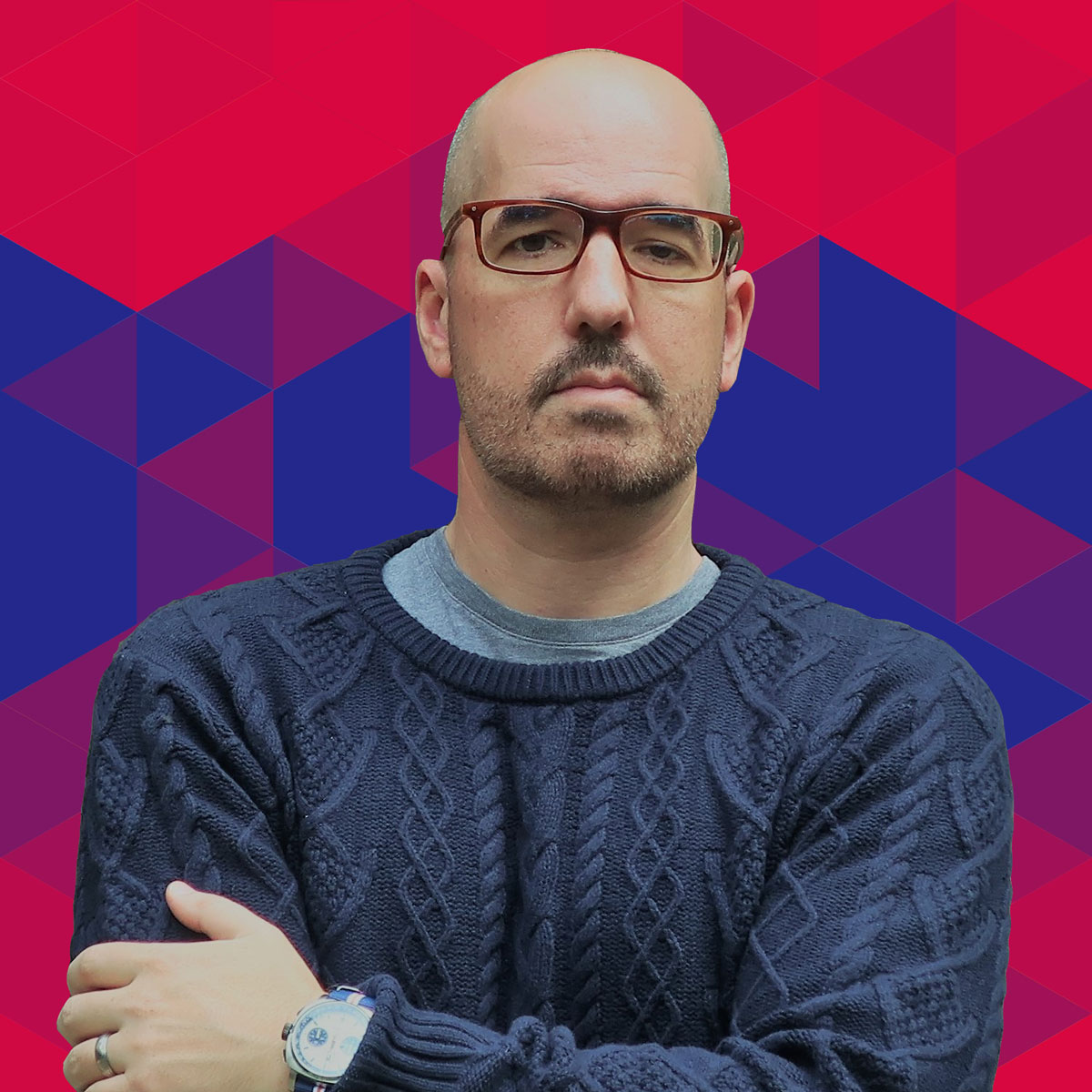
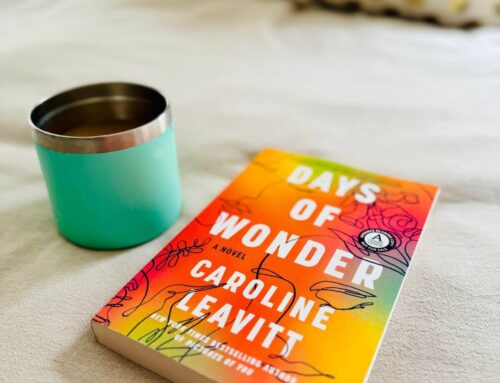
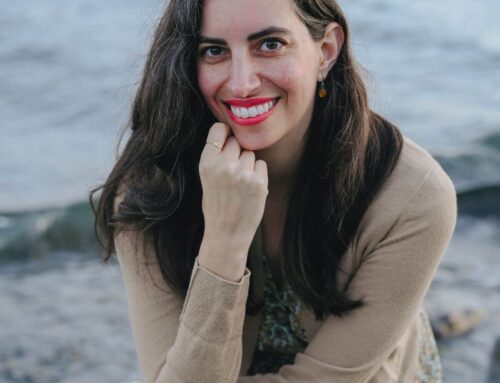
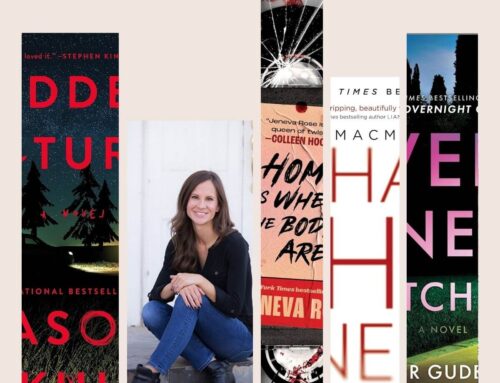
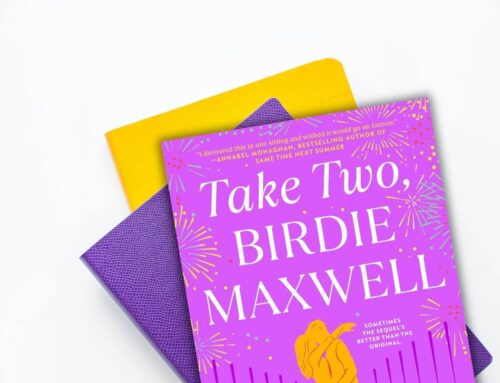
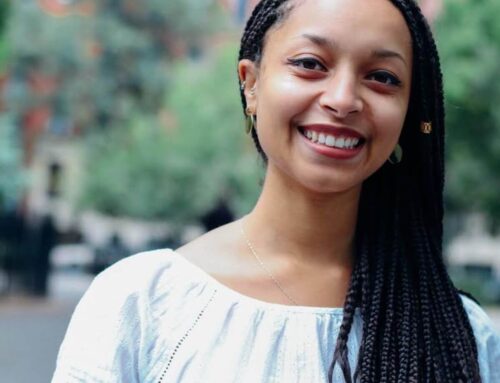
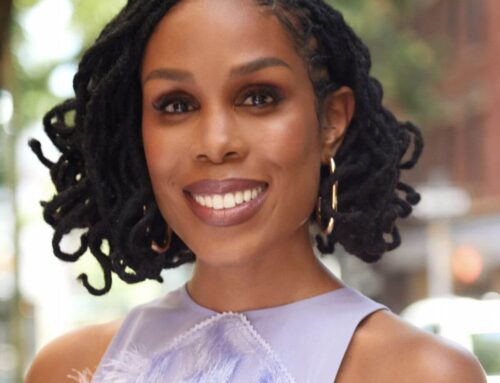
Leave A Comment